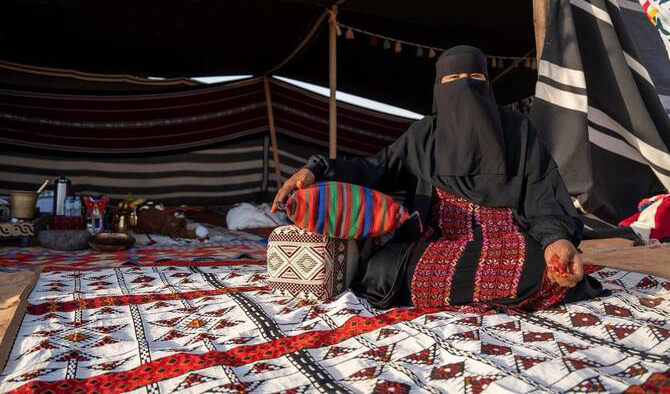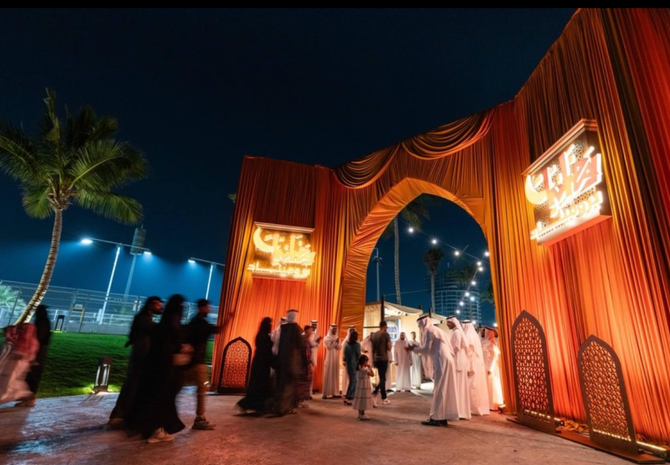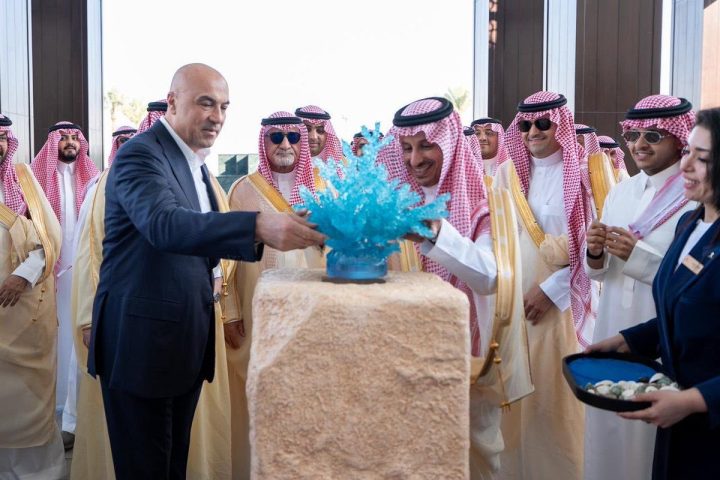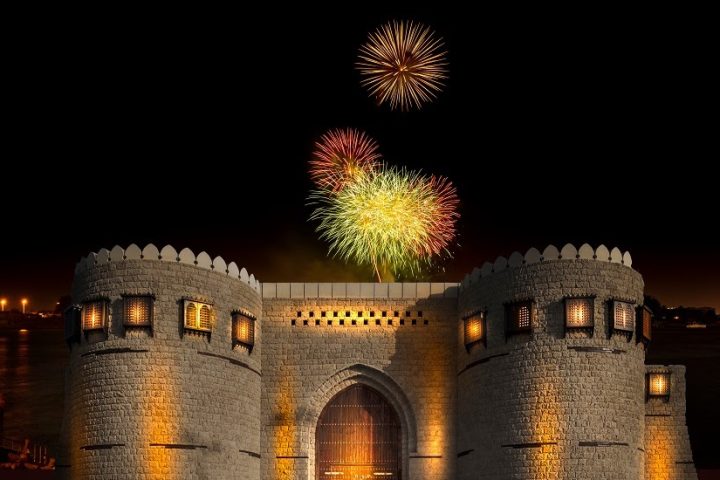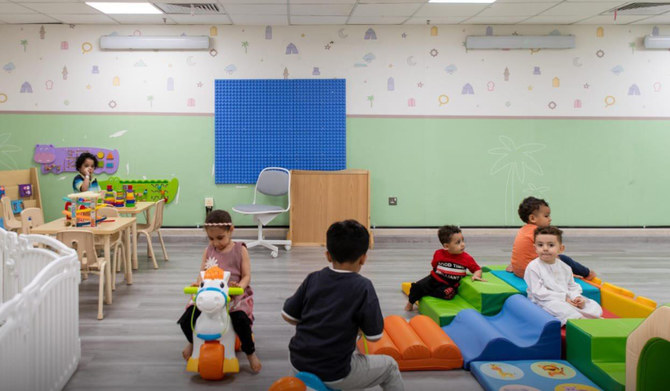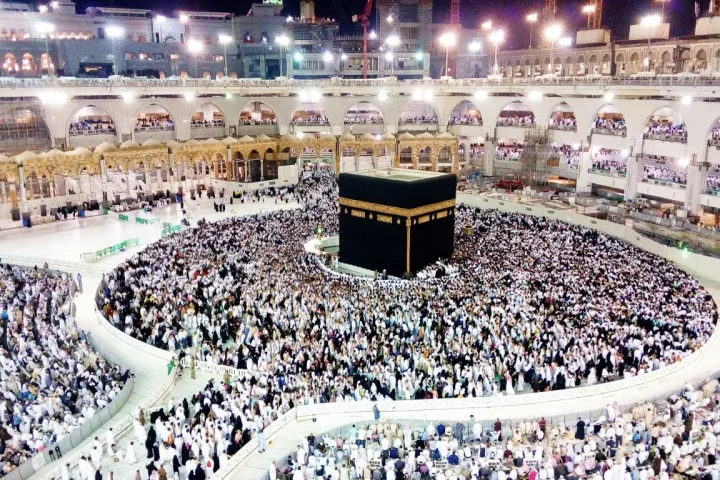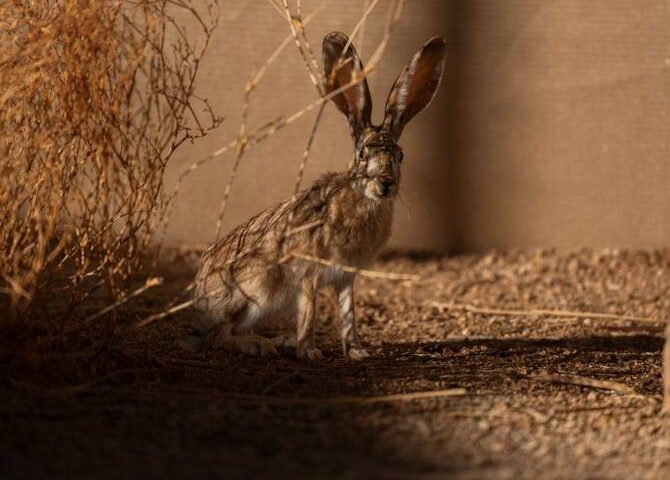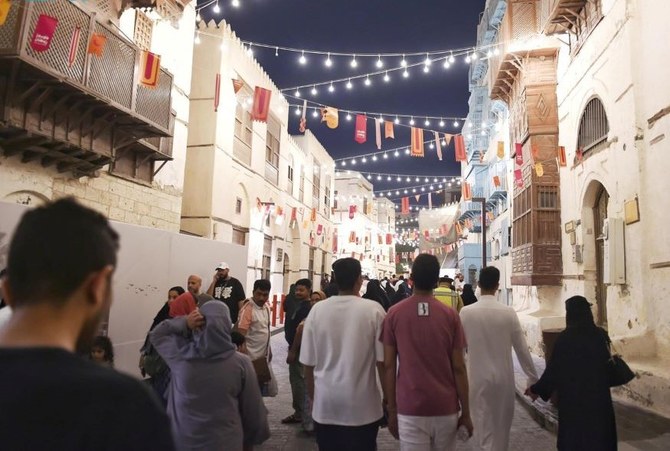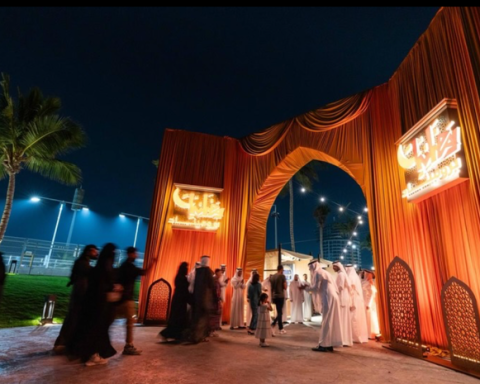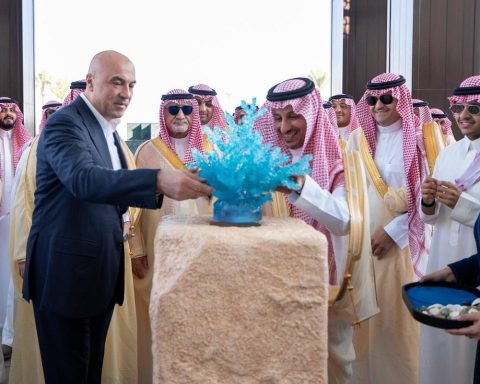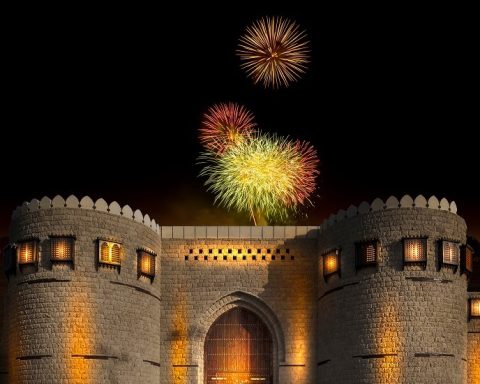Bedouin tents remain among the most iconic symbols of traditional life in the Arabian Peninsula, serving for centuries as portable shelters for nomadic tribes while embodying the deeply rooted values of generosity and hospitality.
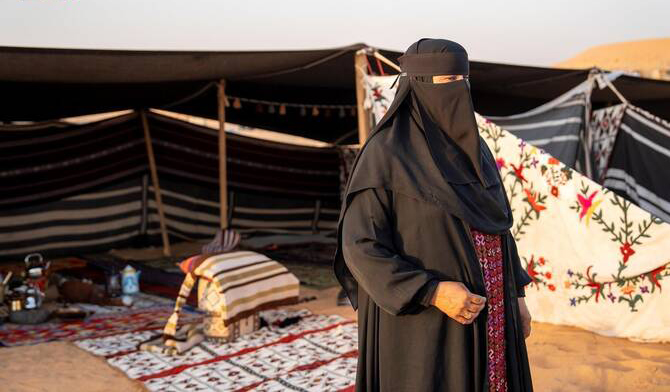
A Heritage Beyond Time
More than mere protection from the desert’s harsh sun or cold nights, these tents represented the Bedouins’ identity and cultural pride.
Traditionally woven from goat hair or sheep wool, they are durable and resilient against the extreme climate.
The tents have long been associated with the welcoming aroma of Arabic coffee and the glowing fire prepared for guests, making them enduring symbols of Arab hospitality.
Their Place in the Present
Despite the rapid urban development across the Kingdom, Bedouin tents continue to feature prominently in national festivals and cultural events.
They play a central role in bringing the past to life for younger generations and international visitors.
At events like Janadriyah and Riyadh Season, the tents recreate the essence of traditional life and allow guests to experience authentic Arab hospitality.
A Symbol of Identity and Generosity
A Bedouin tent is more than fabric and poles—it carries a cultural message about hospitality, family unity, and pride in heritage.
It reflects the strength of the family bond gathered under one roof and illustrates the intimate connection between people and the desert landscape.
Bridging Past and Future
With Saudi Arabia’s growing emphasis on heritage and culture, Bedouin tents have become part of the Kingdom’s tourism identity. They are now incorporated into luxury desert resorts and modern camps, offering visitors a unique blend of authenticity and comfort—linking history with contemporary experiences.


